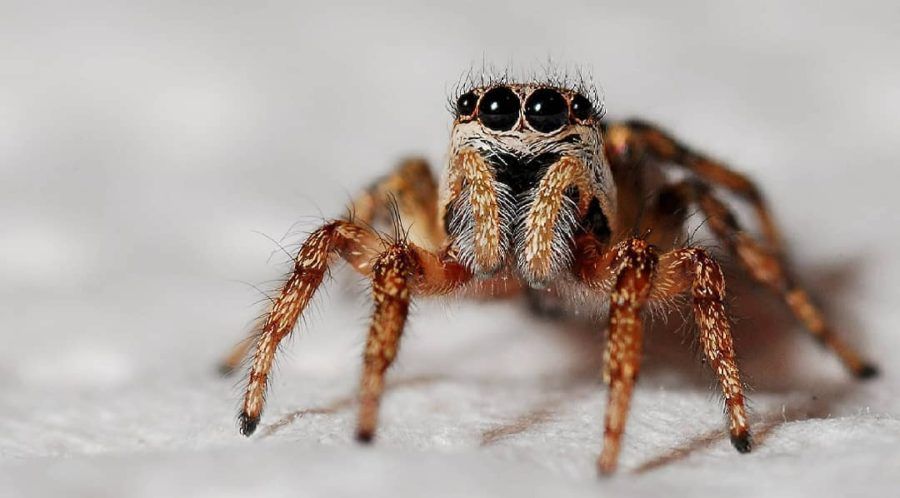
Science in the Glorious Quran: Spiders
“مَثَلُ الَّذِينَ اتَّخَذُوا مِن دُونِ اللَّهِ أَوْلِيَاءَ كَمَثَلِ الْعَنكَبُوتِ اتَّخَذَتْ بَيْتًا ۖ وَإِنَّ أَوْهَنَ الْبُيُوتِ لَبَيْتُ الْعَنكَبُوتِ ۖ لَوْ كَانُوا يَعْلَمُونَ” (العنكبوت:41).
“The likeness of those who take to themselves protectors other than God is that of the spider. It builds a house. But the most fragile of houses is the spider’s house” (Qur’an, 29:41).
In the above verse, God refers to spiders using their Arabic name, Al-Ankaboot, which is a singular feminine name. God, in His knowledge, knows that the female spider leads a solitary life. The female, and not the male, has the glands for the secretion of the silk used to weave their web. The female kills the male after mating and keeps guard over the eggs temporarily until their hatching. Therefore, metaphorically, it is a weak house in the sense that there are no family or community ties during the life of the spiders compared, for example, to that of ants and bees. These facts of animal behavior have been discovered only in the last few decades.
On the other hand, the spider’s house is the weakest house because it is made from a number of very delicate silk threads. Although the thread of the web is strong in relation to its thickness, generally, the web or house is fragile because the threads are interwoven, leaving large separating spaces and the web does not provide adequate shade to protect the spider from the heat of the sun. It also does not protect the spider from rain, storming winds, or dangers of attackers.

The female weaves the web and lives a solitary life. After mating the male is killed by the female.

